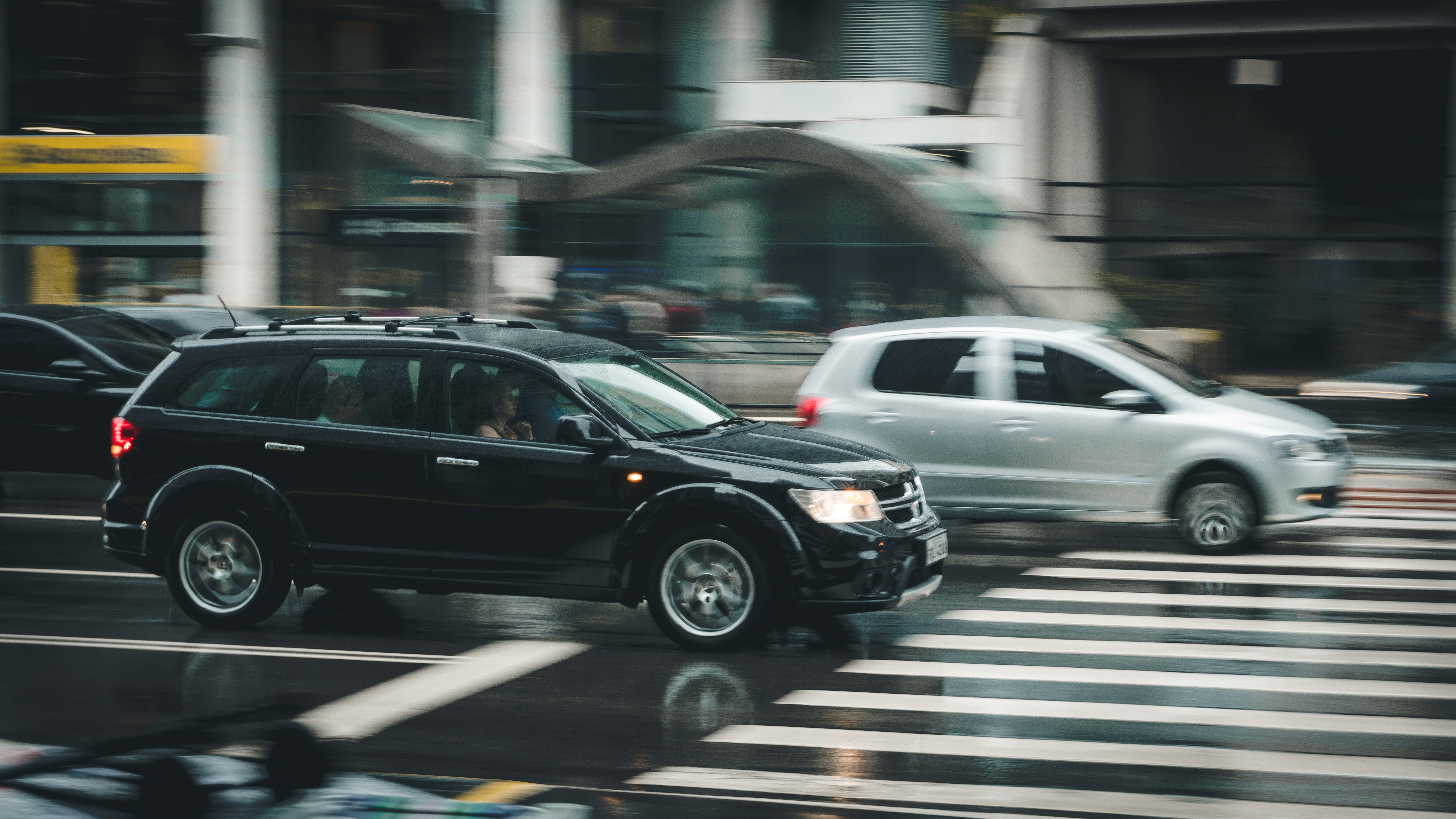Chances are, if you drive regularly,
you’ll eventually get into a traffic accident. If you’re an
average driver, you’ll file a claim for an accident approximately
once every 18 years. Most of these accidents aren’t deadly, but
they can be costly, messy, painful, and stressful. Fortunately, if
you know how to handle yourself correctly, you’ll end up in a much
better overall position.
Why You Need to Stay Calm
After you’ve been in an accident,
your first job is simplest and perhaps the most important: you need
to stay calm. When you first realize you’ve been in an accident,
your heart rate is going to increase and adrenaline is going to surge
throughout your body. Adrenaline rushes give us more
reactive power in tense or potentially dangerous situations, but
they can also make you a less logical decision-maker, and interfere
with your perceptions.
Staying calm allows you think
rationally, and less reactively about your situation. You’ll be
able to follow a more logical and careful course of action, and
you’ll be less likely to become aggressive or angry with the other
party (which can make matters even messier). You’ll also be able to
better assess the damage to your vehicle and your body, and
potentially improve your memory of the event.
Tips to Stay Calm
So how can you stay calm after facing
such a significant impact?
-
Stay in your car for a moment.
Don’t get out of your car right away. Instead, take a moment
to observe what just happened and figure out how
your body is responding to it. Through introspection, you should
be able to tell if your heart rate is escalating, if you’re
injured, and whether the worst effects are over. Even a few seconds
here can help you regain control of your thoughts and feelings. -
Breathe deeply. There’s a
reason deep breathing exercises are so commonly mentioned in pieces
of advice; they’re
effective. Breathe deeply, in through your nose and out your
mouth, and focus on slowing down your racing mind. Within a few
breaths, you’ll start to feel your heart rate slow down. -
Focus only on the immediate
future. Your mind will naturally gravitate toward what happens
next; you’ll worry about car repairs, how long your injuries will
persist, and how you’ll get to work. Instead, limit your focus to
only the next few minutes. You can worry about everything else
later.
What to Do Next
Once you feel you’ve calmed down
enough to take control of the situation, this is what you should do
next:
-
Pull over. As quickly and
safely as possible, pull
over to the side of the road (assuming the car is drivable).
This will put you in a safer position to take your next steps and
will hopefully prevent any further accidents in the area. -
Check on the other driver. Get
out of the vehicle if you can, and check on the other driver (as
well as any passengers that have been involved in the accident). If
anyone appears significantly injured, call 911 immediately.
Depending on the circumstances, responders may call on you to begin
first aid treatment. -
Take pictures. If injuries
are not severe, begin taking pictures of the accident. Try to
capture multiple angles of both cars, and in as much detail as
possible. This may be important for future insurance claims. -
Call the police. Next, call
the police—preferably the non-emergency number. An officer will
arrive on the scene to make an assessment of the situation and file
an official report. Some insurance companies depend on the
information recorded on this report, so it’s best to have it on
file—even if both drivers agree to the details of the crash. -
Exchange insurance. Exchange
insurance information. If one driver has been found to be primarily
at fault for the accident, theirs is the insurance that will/should
be used. You may be able to call the insurance company at the scene
of the accident to get further instructions. -
Consider
legal action. If you’re the victim of the traffic accident, if
the other driver isn’t insured, or if you’re the victim of a
hit-and-run, you may consider taking further legal action. Contact
an attorney
who specializes in traffic accident cases, and discuss your
options to learn more. You may be able to recover further costs for
auto repairs, medical bills, and compensation for your pain and
suffering.
It’s difficult, but not impossible to
stay calm when immediately recovering from a traffic accident. If you
keep these tips in mind, and try to remain grounded, you’ll stand a
far better chance at succeeding. The more you practice calm
mindfulness in reaction to stressful situations throughout your life,
the more naturally this is going to come to you.


